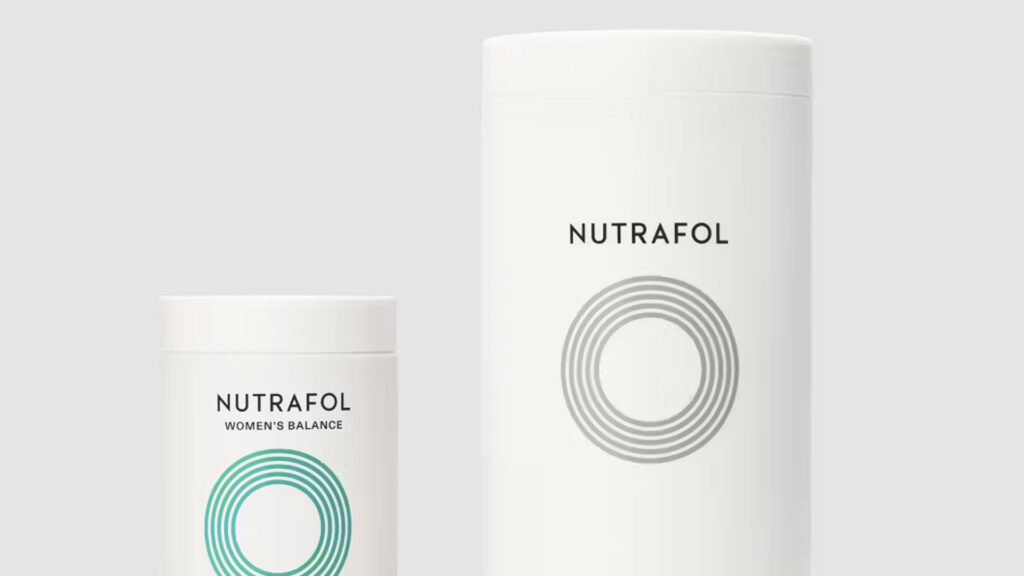Skin Wellness: To Keep You Glowing And Healthy From the Inside Out
Glutathione is a tripeptide molecule composed of three amino acids: cysteine, glutamine, and glycine. It is a potent antioxidant that is naturally produced by the body and plays a crucial role in neutralizing free radicals, detoxifying harmful substances, and supporting the immune system. While its primary function is related to cellular defense and detoxification, some people have explored its potential benefits for skin lightening.
The idea of using glutathione for skin lightening emerged from its role in inhibiting melanin production. Melanin is the pigment responsible for the color of our skin, hair, and eyes. When melanocytes, the cells that produce melanin, are stimulated, they produce more melanin, resulting in darker skin. Hyperpigmentation occurs when there is an overproduction or uneven distribution of melanin in certain areas of the skin.
How Glutathione Works for Skin Lightening:
- Antioxidant Action: Glutathione acts as an antioxidant, combating free radicals that can cause oxidative stress and damage to skin cells. Some proponents suggest that reducing oxidative stress can help improve skin health and lead to a brighter complexion.
- Melanin Inhibition: Glutathione may interfere with the enzyme tyrosinase, which is essential for melanin production. By inhibiting tyrosinase activity, glutathione could potentially reduce melanin synthesis and result in a lighter skin tone.
Methods of Administration:
Glutathione can be administered in various ways, including:
- Oral Supplements: Glutathione is available as oral supplements, commonly in the form of capsules or tablets. However, there is ongoing debate about the efficacy of oral glutathione due to its poor absorption in the gastrointestinal tract.
- Intravenous (IV) Infusion: Some individuals prefer intravenous administration of glutathione as they believe it allows for better absorption and quicker results. IV glutathione is often administered by healthcare professionals.
Potential Risks and Considerations:
While many people are interested in using glutathione for skin lightening, it’s essential to be aware of some important considerations:
- Limited Scientific Evidence: The scientific evidence supporting glutathione’s effectiveness for skin lightening is currently limited, and more research is needed to establish its benefits definitively.
- Individual Response: The results of glutathione treatment for skin lightening can vary significantly from person to person. Some individuals may experience noticeable improvements, while others may not see significant changes.
- Safety Concerns: The safety of long-term glutathione use, especially in high doses or through IV administration, is not well-established. High doses of glutathione may cause adverse effects or interact with medications.
- Skin Health: Focusing solely on skin lightening without addressing overall skin health and sun protection may not yield the desired results.
Conclusion:
Glutathione has gained popularity as a potential skin-lightening agent due to its antioxidant properties and alleged ability to inhibit melanin production. However, it’s crucial to approach its use with caution, considering the limited scientific evidence and potential risks associated with its administration. If you are considering glutathione for skin lightening or any other purpose, consult with a qualified healthcare professional to discuss the potential benefits, risks, and appropriate dosages for your specific skin concerns. Additionally, maintaining a comprehensive skincare routine, using sunscreen daily, and seeking professional advice for hyperpigmentation management can contribute to healthy and radiant skin.

Dr. Joanna Smith, DNP, MSN, RN, MBA, SSGB, RT, LE, CLT
President & CEO
Integrated Medicine Institute, Inc.



